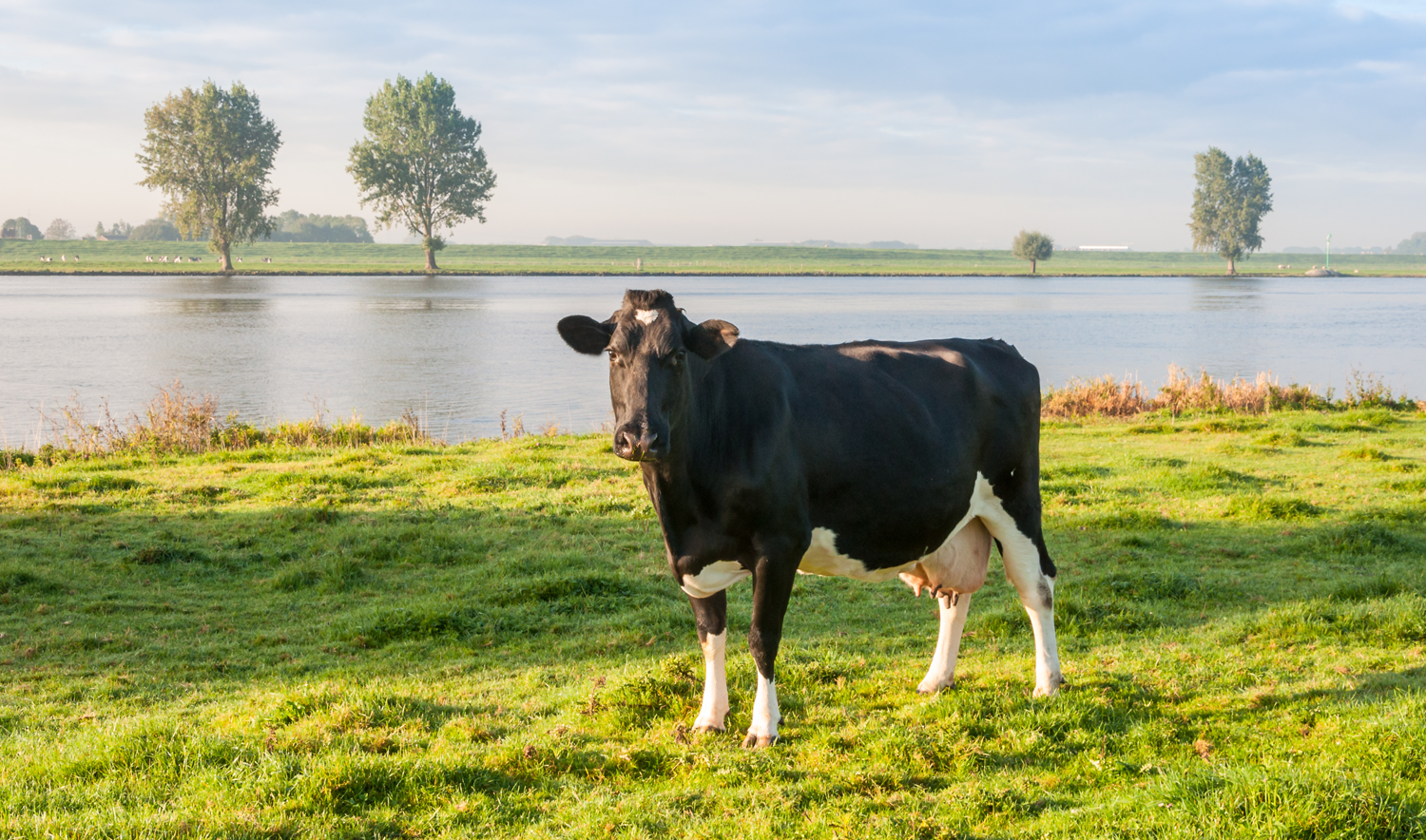
Milk is a drink in every sense useful, mainly in childhood. But there is such a thing as an allergy to milk sugar – lactose intolerance. It can affect from 1 to almost 100% of the population, depending on ethnic and geographical factors. The question of how to get around this genetic feature has been of interest to scientists for a long time.
In 2020, a group of scientists with employees of Moscow State University. M. V. Lomonosov, All-Russian Research Institute of Animal Husbandry. L. K. Ernst and the Skolkovo Institute of Science and Technology successfully cloned a cow. The experiment was based on the transfer of the nucleus of a somatic cell. That is, the nucleus from the cell of the cloned animal is introduced instead of the nucleus of the egg – the future clone. Thus, the “copy” genes do not inherit from the mother, but from the original host of the nucleus. Along the way, the researchers edited the DNA of the transplant material, blocking the genes for beta-lactoglobulin, which causes allergies.
As a result, a completely healthy cow was born, which was named Flower. Her milk is safe for allergy sufferers, but the goal of scientists was more global – to get no less “hypoallergenic” offspring from a “hypoallergenic” cow in the usual way. And so the goal was achieved: a couple of days before the New Year, the Flower gave birth to completely healthy offspring – the “daughter” was called the Decembrist. While scientists are watching their creation: whether it turned out with hypoallergenicity in the second generation, we will soon find out.
